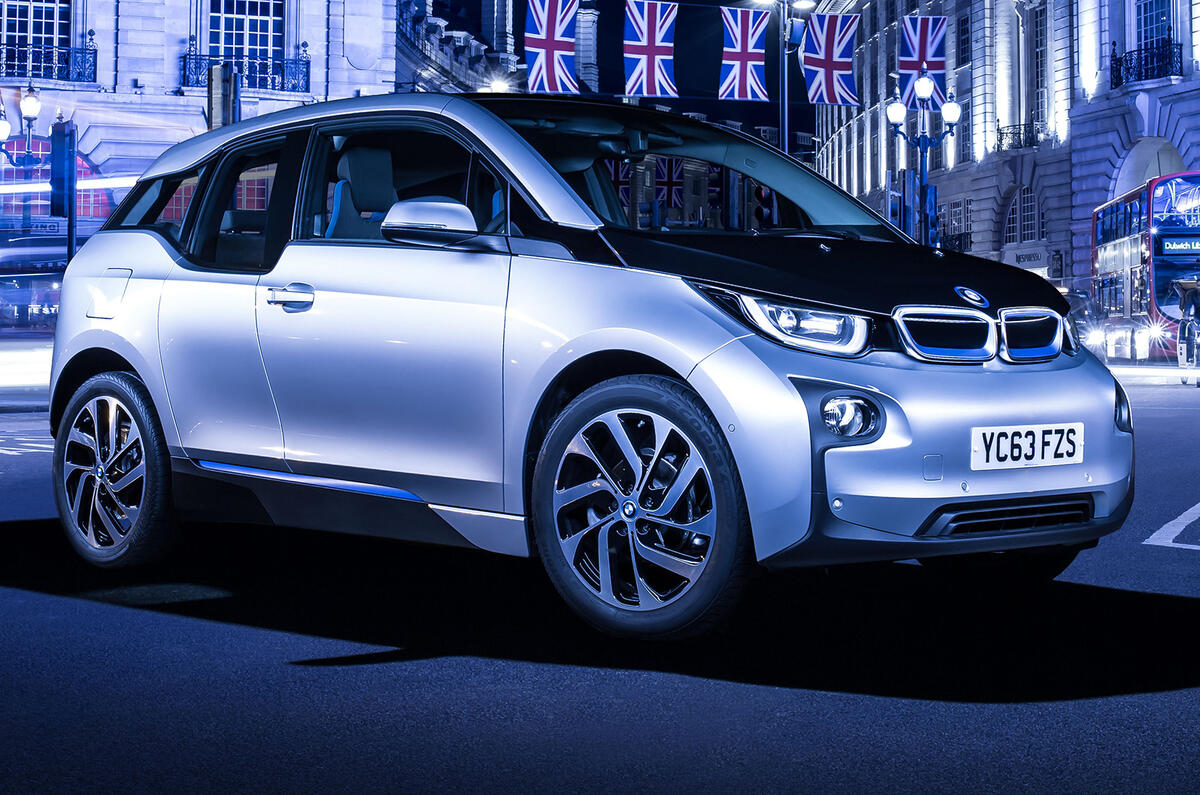BMW is set to extend the range of its electric-powered BMW i3 with the introduction of what sources close to the German car maker describe as an “optimised driveline” that draws on battery efficiency gains developed since its launch in 2013.
Read our review on the BMW i3
The i3 will receive a new lithium ion battery with the same 22kWh (18.7kWh usable) capacity as that used today but a higher power density for a longer range.
The move is claimed to extend its range to well over 124 miles in real-world use, compared with just under 100 miles now.
The i3 will also get an upgraded electronics package that features new software mapping for the battery cooling system and the electric motor.
The revised battery pack will be fitted to not only the all-electric i3 but also the i3 Range Extender, which uses a small two-cylinder petrol engine to produce electricity on the run.
The new battery will also be available as a retro-fit option for existing i3s.





Join the debate
Add your comment
More range from the same capacity?
Whu not go the other way?
Or BMW could go the whole hog and ditch the electric motor and batteries altogether. Just imagine a 1000kg carbon-fibre 4-seater with a 100 horsepower three cylinder petrol engine priced at around £20k and that proposition sounds attractive. But such a model could not be called an i3, nor would it attract the £5k subsidy...
There are lot of "analysts"
A massive fall already...
Given that they were around $1000 per kWh in 2008 it's a massive drop. Here's hoping it continues.